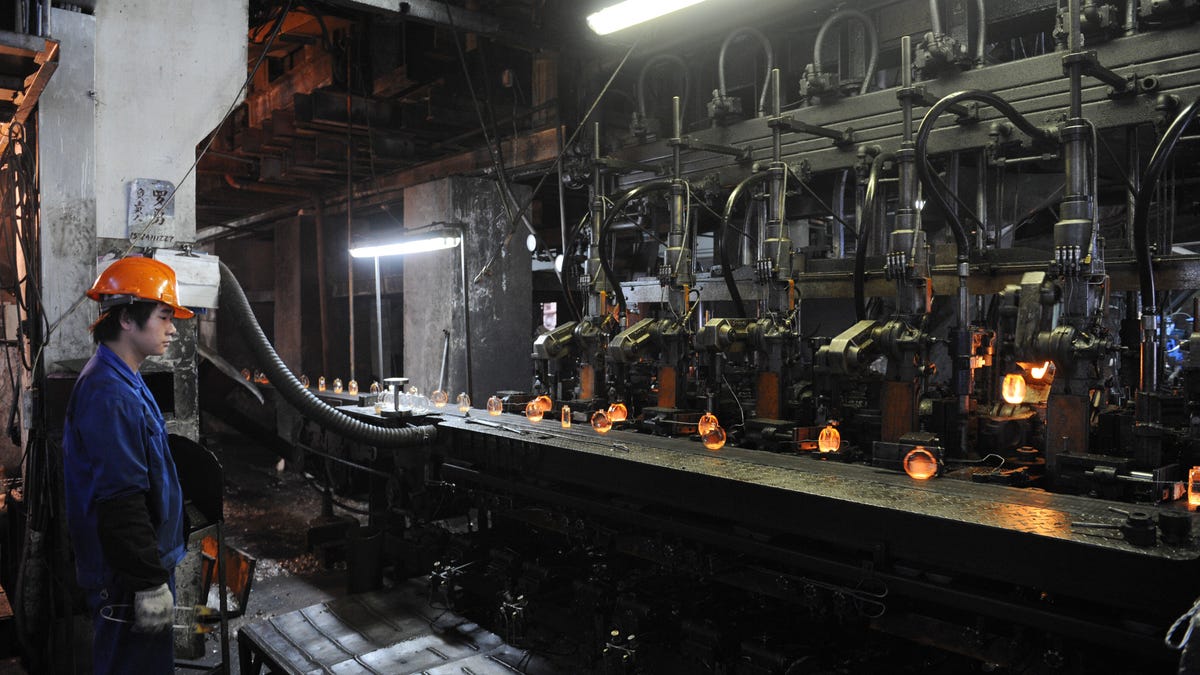Helmets that measure your emotional state? China is on it
Companies in China use helmets that measure the brain signals of workers to gauge their emotional state, allowing managers to shift workload appropriately.

Does the term "brain surveillance" sound scary to you? Well, some companies in China are hoping to make that potential nightmare into a reality.
Hangzhou Zhongheng Electric is one of several companies equipping its laborers with helmets that read their brain activity, reports the South China Morning Post. The idea is that managers at these companies can see, with cold hard data, when their workers are stressed, happy, angry or sad, and adjust the work flow accordingly.
In other words, if you're having a rough day, your benevolent boss knows, and he'll shift the workload around to give you a bit of an easier day.
This whole endeavor boosts productivity, Hangzhou Zhongheng Electric reportedly told SCMP. Hangzhou's State Grid Zhejiang Electric Power also reportedly uses the technology, with an executive telling the publication that brain surveillance has improved profits by over $300 million over the past four years.
MIT Technology Review, however, is skeptical about brain surveillance's efficacy.
"Over-the-skin brain scanning through EEG is still very limited in what it can detect, and the relationship between those signals and human emotion is not yet clear," the Technology Review said in a blog post. It added that the claims of $300 million worth of efficiencies ARE "incredibly doubtful."
But, as you may imagine, it's not the economics that are of concern. China has adopted many technologies that some fear encroach on the privacy of its citizens. There are hundreds of millions of AI-powered CCTV cameras around the country, for instance, which can be used to identify and locate citizens in minutes. The government in Shenzen is working to use these cameras, along with messaging platform WeChat, to message fines to people who jaywalk.
"It's alarming that Chinese companies are deploying this surveillance technology in such a widespread manner," Amnesty International's China Researcher William Nee said of the helmets. "The Chinese government does not allow independent trade unions, and so workers have little recourse if their employers want to use potentially invasive biometric surveillance technologies.
"Similarly, there are no safeguards to prevent the government from obtaining data collected from companies, and potentially using it to violate human rights."
CNET Magazine: Check out a sample of the stories in CNET's newsstand edition.
Rebooting the Reef: CNET dives deep into how tech can help save Australia's Great Barrier Reef.

